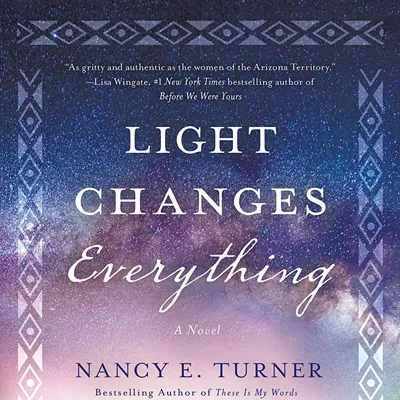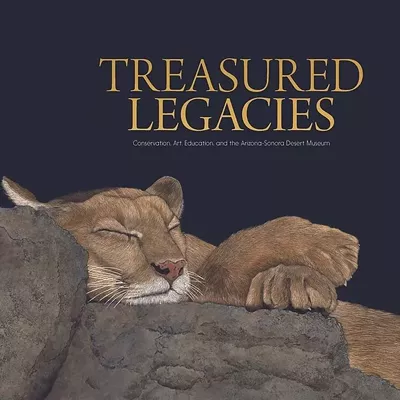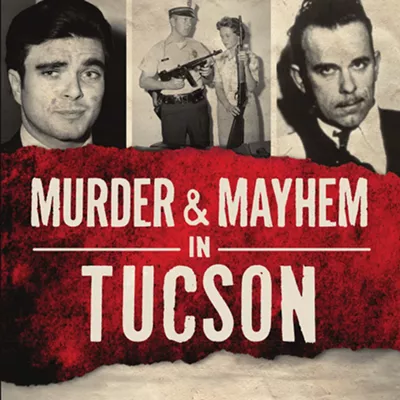Both authors share a tendency to use dense, but not wordy, language, often marked by lyrical depictions of nature and a deep understanding of place. Like Harrison, Arroyo is less concerned with physical place as it has been traditionally defined in literature than how people occupy place--place as community rather than merely setting. The Region of Lost Names, told from an alternating dual perspective, explores how community and the past drive the continued separation of its two main characters, Earnest and Magdalene. While Earnest struggles to overcome the painful memories of his past, Magdalene seeks answers about hers. The pair, both immigrants raised in rural Michigan, began assimilating into American culture from an early age, a fact that underpins much of their shared isolation. The novel starts with Earnest alone in Michigan, carving a new life out of books and college teaching, away from the cane fields and hardened field workers of his youth. Magdalene has returned to Puerto Rico with Earnest's family, driven by a desire to learn the true identity of her birth father. From there, the book traces the entire history of Earnest and Magdalene, moving as far back as the bitter mistakes made by their parents, by weaving "through a sea of time," in and out of scene. Though sometimes jarring, this technique instills the prose with a sense of memory--passionate, burning memories and fuzzy, fading, soon-to-be-nameless ones.
At its heart, the novel is a love story: Earnest and Magdalene are clearly meant to be, but they must first overcome the transgressions of the past. The story is simple in idea, but complex in execution. Arroyo spins an intricate dark web of family and generational sin. "Magdalene's mother's dream ... that Magdalene would go away to college" leads the mother to drive a wedge between Earnest and Magdalene and to withhold from Magdalene the identity of her laborer father, while memories of hardship and field work with his father leave Earnest constantly running from his family and past. Above all, Earnest and Magdalene's inability to overcome the complications of the previous generation affect the next--their own child, Isabel.
The plot twists dealing with family discoveries that come later in the novel are expected, and though they don't add much to the story, they don't detract, either; the meat and potatoes of the novel isn't about what happens, but how things happened. Arroyo constantly dips into the past, braiding present scene with memory, to remind us how the past cannot be forgotten or ignored. Fortunately, the novel resists a descent into fatalism: The past doesn't dictate Earnest's and Magdalene's futures; it simply informs their present and drives them to decisions, not outcomes.
While the novel is well-written, emotionally charged and powerful in its exploration of immigrant families, there are a few areas that don't really pan out. There are numerous mentions of Lorime, a gay friend murdered for his sexuality, but as the novel carries forward, this thread deflates and ultimately has little to do with the rest of the plot. Arroyo could surely have done more with the inner life of Isabel, and how her parents' mistakes (Magdalene withholds from Earnest that he's the father) affect her. Likewise, Earnest's relationship with Boogaloo, a man who worked with Earnest and his father in the cane fields, also feels underdeveloped. The novel opens with the news that Boogaloo has died, and Earnest must deliver an urn of his ashes, but the emotional relationship between these two lonely men isn't as visceral as many of the other relationships are, even after it is revealed that Boogaloo is quite important to the story.
Ultimately, the few shortcomings of The Region of Lost Names all originate within the lyrical prose that reminds me so much of Harrison's work. Unlike Harrison, however, Arroyo sometimes lets his lyrical and structural gymnastics distract from the story and even distance the reader from the character. This is surely a sign of a novelist still finding his way, and I'm not implying any outright failure. Emotions never feel stiff, and characters are never two-dimensional, but at times, they come off as dulled and sketchy, respectively, if ever so slightly, because constant tangents in language and the occasional awkward move across time takes us away from character.
But Arroyo is still young as writers go--and he's writing outside of his native language--so a few loose threads are forgivable. His debut is noteworthy, and I predict even better things from him.








